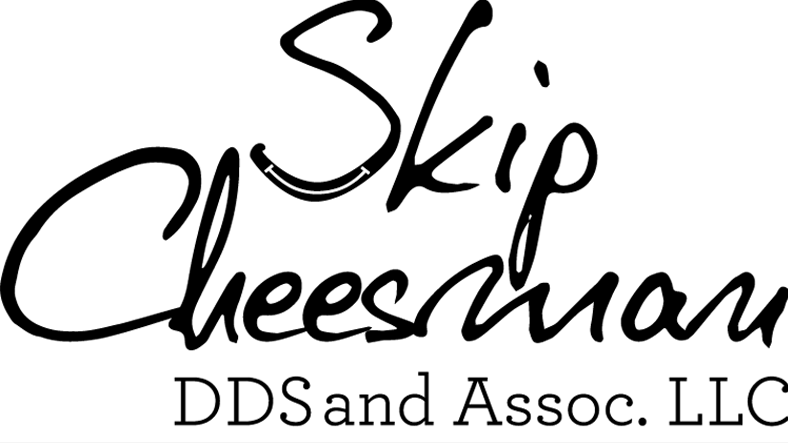
Pack the perfect healthy lunch for your kid’s dental health
Category : Uncategorized
As a parent, you can help your child achieve a bright, healthy smile in many different ways. One way you can help is by packing or planning a lunch menu that improves their oral health. Here are some tips for a lunch to encourage your little one’s healthiest smile!
1. Avoid sugary drinks – Even drinks marketed as “healthy”
Allowing children to sip on sugary beverages over long periods of time increases their exposure to sugar and acid that can erode their enamel. Try to limit or remove sports drinks, sodas, and high-sugar juices from their diets to aid in their oral health. Sugary beverages are one of the leading sources of sugar for children, and some can even be disguised as “healthy drinks” like nutritional water, sports drinks, or juice. Be sure to read the nutritional labels on drinks to educate yourself and your little ones.
2. Pack water
Water helps rinse away damaging acids and food debris from teeth, and help keeps saliva flowing – which naturally keeps teeth clean. Water is the healthiest beverage for teeth, and we suggest packing it instead of any other drink in your child’s lunch. Also, don’t fall for nutritional waters. Most of these “enhanced” water products have an excessive amount of sugar, and aren’t great for teeth or overall health.
3. Proceed with caution when buying packaged snacks
Snacks marketed as “healthy” aren’t always the best for your teeth. Granola cereal, dried fruit and trail mix can seem like healthier options, but they’re often packed with extras that aren’t healthy at all. In fact, dried fruit sticks to teeth and fuels bad bacteria that causes cavities, and granola can be packed with extra sugar. If you’re buying granola or health cereal, stay away from those that have marshmallows, chocolate pieces, and even candy. Look for a higher fiber content and granola that contains more natural whole ingredients like nuts and rolled oats. If your child does munch on snacks that contain, be sure to have them brush their teeth afterward.
4. Add more whole fruits and veggies
When packing your child’s lunch, add in natural whole vegetables and fruits whenever you can. Instead of packing starchy snacks like crackers, try to add small pieces of celery or baby carrots with a healthy dip like hummus. Instead of packing an imitation fruit snacks as dessert, try packing fresh, fibrous fruit like strawberries, kiwi or apples. Fiber naturally cleans teeth by scrubbing away food particles leftover from a meal. By replacing sweets and starches with fibrous fruits and vegetables, you can help your child avoid unnecessary sugar, and help them keep their teeth clean while they’re away from home.
5. Substitute nuts for chips
Crackers, potato chips, and other starchy foods can get stuck in small areas of tooth surfaces. Without proper brushing, these foods provide sugar to bacteria that feed on it, which ultimately leads to tooth decay. Instead of chips, pack nuts which are full of fiber and healthy protein.
6. Dietary choices affect teeth
The food your child eats affects their teeth, and influences their overall oral health. You don’t need to eliminate any whole food groups from your child’s diet, but making some small healthy changes can have a positive impact. Regardless of what your child eats for lunch, the most important way to care for their teeth is through brushing, flossing, and regular visits to the dentist. Visit our office for more information about mouth-healthy diets, and how you and your family’s diet can impact the health and beauty of your smile.

